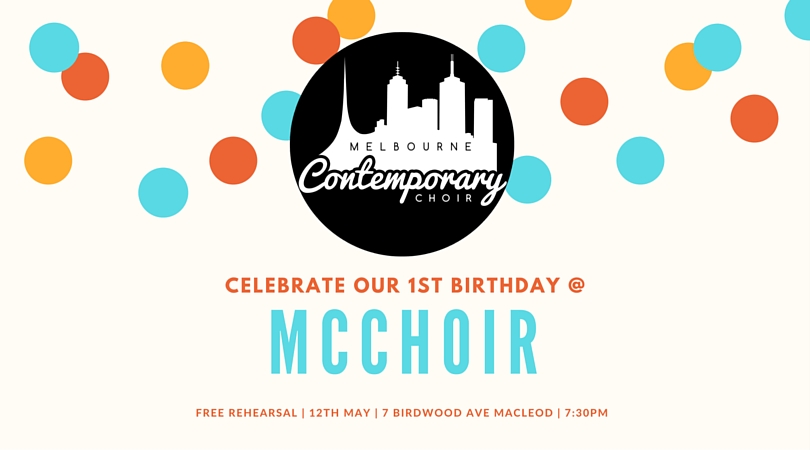Singing: a shared emotional experience.11/5/2016 The central role of music in our individual lives and shared community experiences has been true for every culture, for as far back as we can trace our human ancestory. Music making appears to be a unique human endeavor as a creative activity. More than 40,000 years ago humans fashioned flutes from bone but it is estimated that singing extends as far back as 600,000 years. Why has singing played such a pivotal role in our human existence? For one it is an activity which elicits strong emotional reactions and provides deep satisfaction for participants. The value of singing has endured throughout time and across cultural boundaries. Have you ever noticed the innate musical abilities of an infant? Even newborn babies have the ability to decode and understand musical phrases beyond the capabilities of any other animal. These abilities require complex and advanced cognitive capabilities. There is a growing body of evidence suggesting that music making has provided specific benefits for our ancestors and is true for us today. More specifically, three benefits have been proposed which demonstrate that music making and singing in a group provide specific and tangible benefits. They can be categorized as emotional, social and cognitive benefits. Music creates a shared emotional experience. Emotions provide a core component of our decision-making processes by signaling that something critical requires attention. Emotions prioritise the many options that we may have at any given time and reduce overload from the bombardment of senses that we experience. Group singing provides a rewarding, positive activity where emotional empathy can be developed.
We know that interacting with music today is, for almost everyone, both an emotional and overwhelmingly positive experience. Additionally music is used to reinforce positive moods and manage negative moods – something every teenager knows. Others put music to targeted purposes; for example, many athletes use music to put them in a mood state that supports peak performance. Research shows it to be an effective strategy, increasing both performance and enjoyment. Music’s ability to change or reinforce a mood relies on the principle of emotion contagion; we can catch moods from one another and we can also catch them from music. This week at Melbourne Contemporary Choir we are celebrating our 1 year anniversary. If you’d like to experience the joy of group singing we’d invite you to attend our FREE open rehearsal this Thursday. We rehearse at The Macleod Community Hall, 7 Birdwood Avenue, Macleod. Directly opposite Macleod Train Station from 7:30PM – why not bring a friend. In the next blogs I’m going to discuss the social and cognitive benefits of group singing. Jason Simmonds Founder and Creative Director Melbourne Contemporary Choir
0 Comments
Leave a Reply.AuthorJason or (Jase) as he likes to be called is Founder & Creative Director of Melbourne Contemporary Choir (MCCHOIR) and is a passionate musician who wants to bring his love for music to a broader audience. Archives
March 2019
Categories |
FIND MCCHOIR AT:
|
CONTACT USCall us: 0400 242 893
Email: [email protected]
FOLLOW & SHARE US |
MCCHOIR EST. MMXV | Copyright © 2022 Melbourne Contemporary Choir, All Rights Reserved. All images subject to copyright.

